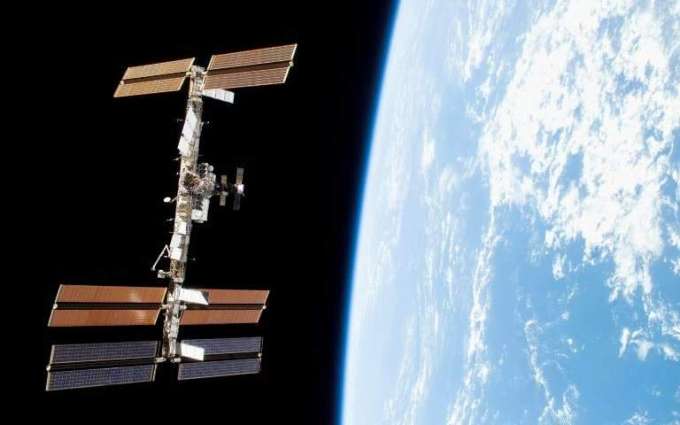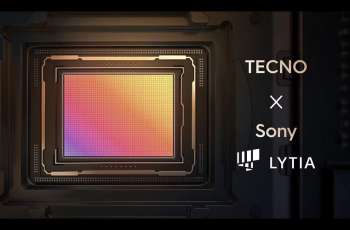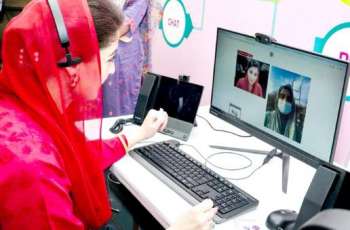The breakdown of electrical equipment in the US segment of the International Space Station (ISS) did not affect the Russian segment, whose systems have been operating normally, a spokesperson for Russian State Space Corporation Roscosmos told Sputnik on Tuesday
MOSCOW (Pakistan Point News / Sputnik - 30th April, 2019) The breakdown of electrical equipment in the US segment of the International Space Station (ISS) did not affect the Russian segment, whose systems have been operating normally, a spokesperson for Russian State Space Corporation Roscosmos told Sputnik on Tuesday.NASA reported on Monday that ground-based specialists had found a problem with the power supply system in the US part of the space station and were working to identify the root cause of the malfunction in order to restore full power.
"There were some problems with power supply registered in the US segment of the ISS. The breakdown did not affect the work of the Russian segment of the ISS. All systems are working properly. The crew feels good," the spokesperson said.
According to the NASA report, the crew was safe, and the problem only affected one of the power connection units, which distributes electrical power to two of the eight power supply channels. Specialists were redistributing power through the remaining six channels.
The current ISS crew comprises Russian cosmonauts Oleg Kononenko and Alexey Ovchinin, NASA astronauts Nick Hague, Anne McClain and Christina Koch, as well as Canadian Space Agency astronaut David Saint-Jacques.
When such malfunctions occurred in the past, the United States reduced power supply to the Russian segment, which receives electricity from US solar panels. Examples of such instances happened in 2012, after several solar cells in the US segment broke down, and in 2013, when issues with the thermal control system were revealed. The Russian segment is expected to become energy independent after Science-Power Module-1 is launched in 2022.




